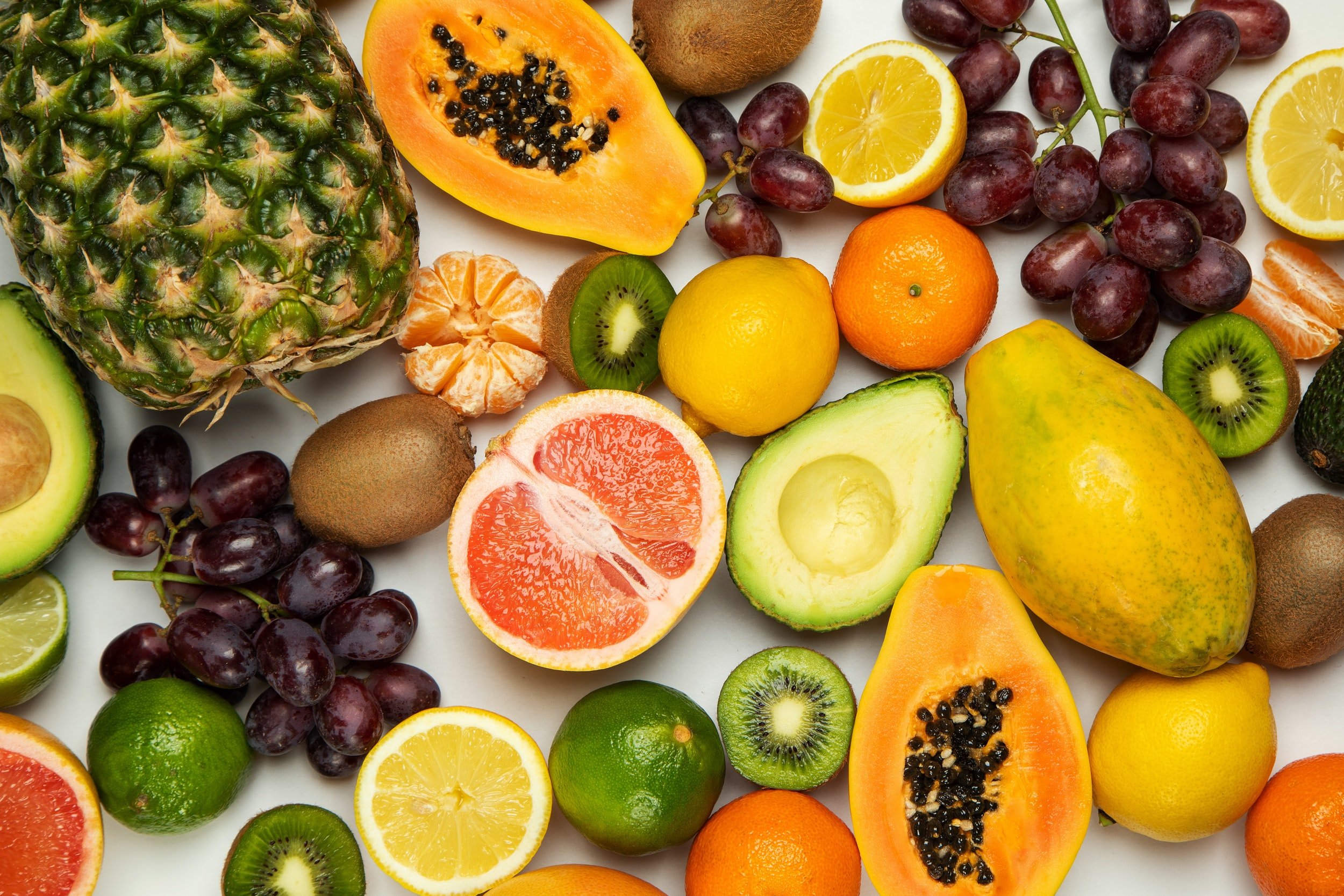
The Effects of Our Diet on Our Eyesight
By Lisa Tang – November 24, 2021
In the media, what we eat is often closely associated with our weight or physical appearance. However, our diet can also have effects that extend beyond what meets the eye. In fact, the food that we consume impacts our eye health and our vision. This is why it is important to have a balanced dietary intake to maintain one of our most valued senses.
You might be asking yourself how the food we eat contributes to the health of our eyes. The answer to this question is that our diet can be influential in more ways than one when it comes to our visual system. An unbalanced diet may lead to a higher risk of developing an eye disease, while a more balanced one that supplies certain nutrients can provide essential building blocks for healthy eyes.
The Influence of a Poor Diet on the Eyes
One type of unbalanced diet is the Western diet, which is typically characterized by processed foods that contain highly-saturated omega-6 fatty acids and lack beneficial omega-3 fatty acids. Consuming a diet rich in omega-6 fatty acids, usually found in snacks or fast food, can have consequential effects on the health of our eyes. In particular, a diet consisting of high amounts of omega-6 fatty acids can contribute to the development of diabetes. Along with diabetes, vision-specific issues may also follow as complications, including diabetic retinopathy and diabetic macular edema.
Diabetic retinopathy is a retinal disease that can be revealed by blurred vision; “floaters,” or floating spots in the eye; and blindness. If this condition progresses, it may lead to severe consequences, such as bleeding of the retina.
Another vision-specific problem that can be a complication of diabetes is diabetic macular edema. This condition is distinguished by the accumulation of fluid in the macula of the eye, which is located in the center of the retina. This buildup of fluid can result in the loss of vision.
The Benefits of a Well-Balanced Diet on the Eyes
Just as a diet that consists of unhealthy options can be a detriment to your health, one that is composed of various nutrients and vitamins can be important for the maintenance of healthy eyes.
As you may have heard in the past, carrots can be an important aspect of our diet when it comes to the eyes. This orange vegetable has beta-carotene, which is used by our bodies to create Vitamin A, an important organic compound, according to Emily Chew of the National Eye Institute. What is the role, though, of Vitamin A in improving our vision? It turns out that Vitamin A is helpful in the conversion of light to a signal that the brain can understand and translate into vision – something that is especially necessary in conditions of low light. The significance of Vitamin A is underscored by the fact that there are an estimated 250,000 to half a million children who become blind each year from a lack of this vitamin.
According to Diet and Nutrition | AOA, other key nutrients that are vital to eye health include:
Lutein
Zeaxanthin
Vitamin C
Vitamin E
Essential fatty acids
Zinc
Multiple studies have corroborated the claim that lutein and zeaxanthin are largely important in the proper development of vision health. One in particular details that these two nutrients are linked to a decreased risk for developing certain eye diseases, such as age-related macular degeneration (AMD) and cataracts. In order to consume the appropriate amounts of both lutein and zeaxanthin, you should consider a diet that incorporates the following: cantaloupe, pasta, corn, fish, and eggs.
Similar to how the aforementioned nutrients can prevent the onset of certain ophthalmological diseases, research also suggests that Vitamin C can reduce the risk of cataracts in an individual, slow the development of AMD, and lessen the loss of visual acuity. A diet rich in Vitamin C consists of many fruits, including grapefruits, oranges, and strawberries.
Vitamin E, essential fatty acids, and zinc all contribute to the health of the eye by providing protection in their own unique ways. Vitamin E safeguards cells in the eye from the damaging effects of free radicals, agents that destroy healthy eye tissue. Fatty acids are credited with contributing to optimal visual development, and zinc is known for its role in supporting the production of melanin, an important pigment in the eye. Vitamin E can be found in sweet potatoes and nuts, omega-3 fatty acids in salmon and tuna, and zinc in shellfish and red meat.
By understanding how the food we eat influences our vision, we can make informed decisions about what we put in our body. In doing so, we can protect our eyesight for many years to come and improve our overall quality of life.
